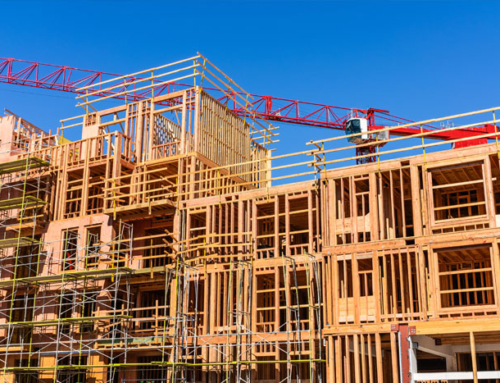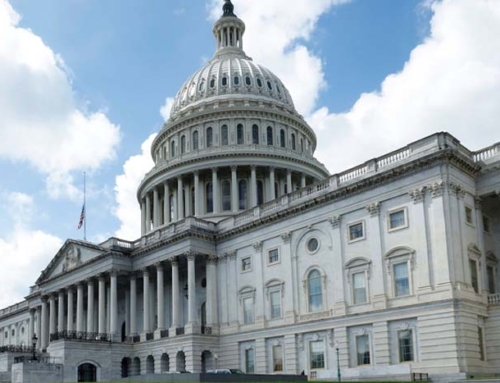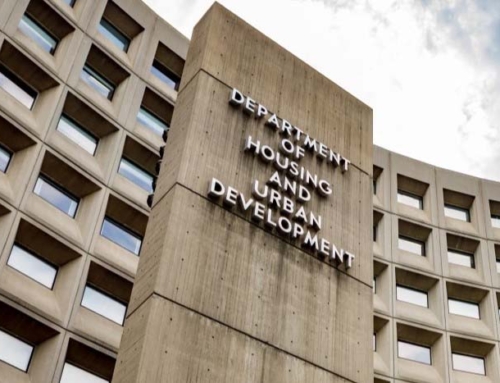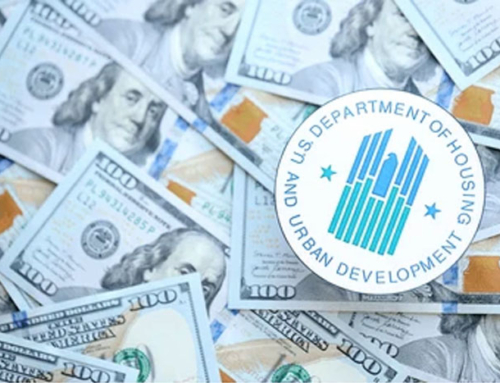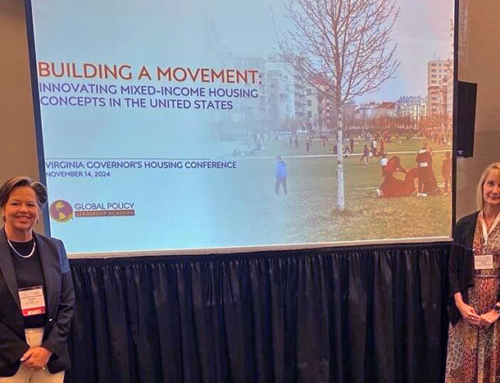President Biden Highlights Housing in FY 2024 Budget Proposal
When President Biden unveiled his budget proposal last month, he highlighted the need for substantial increased investment in affordable housing. The budget proposal is the first step in a months-long process to approve a spending plan for Fiscal Year 2024 that begins in October 2023.
The President is proposing a $1.1 billion increase in the Department of Housing and Urban Development’s budget, a 1.6% increase over the Fiscal Year 2023 budget of $73.3 billion. Increases include a $300 million bump in HOME Investment Partnerships Program funding (to $1.8 billion), a $330 million increase in funding for public housing, and the addition of 180,000 Housing Choice Vouchers funded through new appropriations and reserves. This chart from the National Low Income Housing Coalition details the proposed appropriations.
In addition to existing programs, the President proposed major new funding and program proposals—mostly targeted to Extremely Low-Income households. Proposals include:
- Rental assistance– $3 billion to continue investments in rental assistance/emergency rental assistance that were made available during the pandemic.
- Expanded rental assistance for targeted populations— including $9 billion for Transition Aged Youth and $13 billion for veterans experiencing homelessness.
- Capital needs and housing supply— $7.5 for distressed public housing and $7.5 billion for expanding Project Based Vouchers.
- Low-Income Housing Tax Credit Program– a $28 billion increase in the Low-Income Housing Tax Credit (LIHTC) program over a ten-year period coupled with program enhancements, including lowering the private activity bond test from 50% to 25% for projects placed in service after December 31, 2023.
- New Markets Tax Credit—making the NMTC permanent with a new allocation each year after 2025, with future annual adjustments indexed to inflation. Currently, the allocation is $5 billion, and but the credit expires in 2025.
- First-Generation Homeownership Program—a new program to provide down payment assistance to first-generation and low- and moderate-income first-time homebuyers.
- Neighborhood Homes Credit—a new credit that supports the development of newly constructed or substantially rehabilitated ownership homes for residents to enable them to remain in their communities. This credit would cover the gap between the cost of construction and the sales price.
Advocates acknowledge that the new funding proposals are likely dead on arrival will be very challenging due to the divided Congress. Speaker McCarthy has announced his intention to cap funding for 2024 at 2022 levels— which would require that $130 billion be cut from domestic programs. This could potentially, depending on whether some appropriations are not touched (including the Defense Department or Veteran’s Affairs Health Programs), result in cuts as high as 24% to housing programs. Other Congressional Republicans have suggested the elimination of the Section 8 program or slashing housing programs by more than 40%. We will continue to update you as the budget discussion progresses throughout the coming months.
© LeSar Holdings/LeSar Development Consultants. All Rights Reserved. Please be advised that any republishing of copyrighted material provided by our organization, in whole or in part, requires prior written authorization. For permission, please reach out to [email protected]. We appreciate your understanding and compliance in upholding copyright laws.









